- IPFD Board Member Marty Greer, DVM, JD has recently published a book, entitled Your Pandemic Puppy for new puppy or dog owners, breeders, rescues, and veterinarians. The book covers all aspects of a new puppy's physical and mental well-being, from the challenges of finding a new companion during the current COVID-19 crisis, through training and medical care.
Blogs
-
Discussions continue on issues IPFD CEO Dr. Brenda Bonnett addressed in recent blog posts including The Big Picture - in the Dog World as a Whole and for your next Breeding Decision and Is "tough talk" or "open dialogue" - and why is it a challenge in the dog world?. If you missed them the first time around, please take a few moments to check out these thought-provoking entries!
- Harmonization of Genetic Testing for Dogs (HGTD) Project Manager Aimee Llewellyn-Zaidi has posted in HGTD This Week: NEW feature - Key Comments
-
Guest Blogger Quinn Rausch, a PhD Candidate in the OVC Companion Animal Behaviour and Welfare Lab, provides an overview of The Puppy Project - an opportunity for breeders in the US and Canada to contribute to important research on puppy socialization and behaviour development.
Breeds Resources
★ This Month We Feature Bernese Mountain Dogs ★
They are one of 4 tri-coloured Swiss Mountain Breeds, (Appenzeller, Entlebucher and Great Swiss Mountain Dog being the other), but are the only one with longer coat. The Bernese is still popular in Switzerland generally but especially in the hills of the Bernese Oberland. Source: Bernese Mountain Dog Club of Great Britain
The Bernese Mountain Dog is a farm dog of ancestral origin which was used as a guard and draught dog and for driving cattle in the prealpine regions and in the midland areas around Bern. Originally he was named “Dürrbächler” according to the name of the hamlet and of the inn of Dürrbach, near Riggisberg in the Canton Bern where these long-haired tricoloured farm dogs were especially numerous. In 1902, 1904 and 1907 specimen of this breed had already been exhibited at dog shows, and in 1907 some breeders of the region of Burgdorf decided to promote the pure breeding of these dogs by founding the “Schweizerischer Dürrbach-Klub”, and fixing the characteristic traits of the breed. In 1910, at a show in Burgdorf where many farmers of that region brought their Dürrbächler dogs to, already 107 specimen were shown.
From that day onward this dog, renamed “Bernese Mountain Dog” following the example of the other breeds of Swiss Mountain Dogs, became rapidly appreciated all over Switzerland and in the neighbouring parts of Germany. Today the Bernese Mountain Dog is well known and appreciated all over the world as a family dog thanks to its striking tricoloured coat and its great adaptability. Source: FCI
See more about Bernese Mountain Dogs in the Spotlight feature below and in our breeds database.
IPFD Partners in Action
-
IPFD Collaborating Partner, The World Small Animal Veterinary
 Association (WSAVA), has recently published the latest edition of Dog Breeds: What You Need to Know, a regular feature in their online news section (and in the WSAVA Bulletin) that highlights IPFD resources on a particular breed with a focus on breed-specific diseases.
Association (WSAVA), has recently published the latest edition of Dog Breeds: What You Need to Know, a regular feature in their online news section (and in the WSAVA Bulletin) that highlights IPFD resources on a particular breed with a focus on breed-specific diseases.
 In the latest edition:
In the latest edition:
Meet the Bernese Mountain Dog

You can also view previous editions of Dog Breeds: What You Need to Know in
our archive article here on DogWellNet.com.
Harmonization of Genetic Testing for Dogs (HGTD)
-
NEW FEATURE: Key Comments
Complementing the Breed Relevance Rating (BRR), the new Key Comment feature highlights in the breed search any tests that have important information related to the relevance of the test for that breed. Users can click through to read about the Key Comment as well as details on clinical information, breed-specific recommendations, test providers, and more. Key Comments are sourced from the researchers or test developers, as well as relevant experts to support good genetic testing. Read more about Key Comments in this week's blog. -
Wow, HGTD is Looking Good!

We've made some changes to improve the look and feel of HGTD searches. Now, when you use the Breed search within HGTD, you'll see simplified paw-print Breed Relevance Ratings (BRRs), as well as beautiful illustrations of the breeds and links to more breed resources.
Ask Aimee

Our HGTD Project Manager, Aimee Llewellyn-Zaidi, provides answers to your questions on canine genetic testing in Ask Aimee.
If you’d like to submit a question to Aimee, please email her at aimee.llewellyn-zaidi@ipfdogs.com.
HGTD & Genetic Testing Blog
The HGTD & Genetic Testing blog provides regular updates on our rapidly expanding genetic testing resources. It currently features regular input from Brenda Bonnett and Aimee Llewellyn-Zaidi, but be sure to look out for future posts from special guests.
Get Involved in HGTD!
We welcome additional participant GTPs, more collaborators from any stakeholders concerned with dog health and welfare, the advice of experts, the participation of breed clubs and other consumer groups. We stand ready to provide more information to ongoing discussions.
Please feel free to contact us as we work together for healthy dogs and to support those who breed and own them: IPFD CEO, Dr. Brenda Bonnett and/or HGTD Project Manager, Aimee Llewellyn-Zaidi.
A Closer Look at the
Bernese Mountain Dog
As we note in our latest WSAVA Bulletin article (see IPFD Partners in Action above), veterinarians (and dog owners) worldwide know Bernese Mountain Dogs as beautiful big dogs and adorable puppies, passionately loved by their owners. Unfortunately, we also know them as having an increased risk of locomotor problems, cancer, and other conditions. Many vets will have had a Berner patient die at a very young age.
This is confirmed by statistics from research and insurance records. See this information and more on what caretakers of Bernese Mountain Dogs need to know in our article: Get a GRIHP! on Bernese Mountain Dogs .
The 'Get a GRIHP!' initiative (i.e. Globally Relevant Integrated Health Profiles) is a series of articles IPFD is creating on the Big Picture of health and welfare within breeds as resources for veterinarians, owners, caretakers, breeders, and others who want to understand the key issues for individual dogs and breed populations.
IPFD is truly a "people driven" service organization. We allocate the bulk of our financial resources to maintain a small but dedicated team of consultants to manage our modest resources and facilitate the activities of our stakeholders, with the aim of achieving our collective goals.
You can specify how your donation is used (support IPFD and its programs and activities OR support the Harmonization of Genetic Testing for Dogs). All donations are handled securely via PayPal.
Click Here to Make a Donation Now
Members can opt to receive notifications by email. Are you on our email list? Click here to edit your Notification Settings (you must be logged in to your account).
Viewing as a Guest? Sign in or register now to get the most out of DogWellNet.com.
Click an icon below to visit our social media sites:

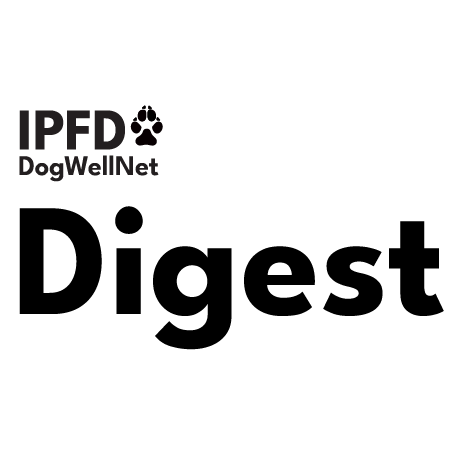



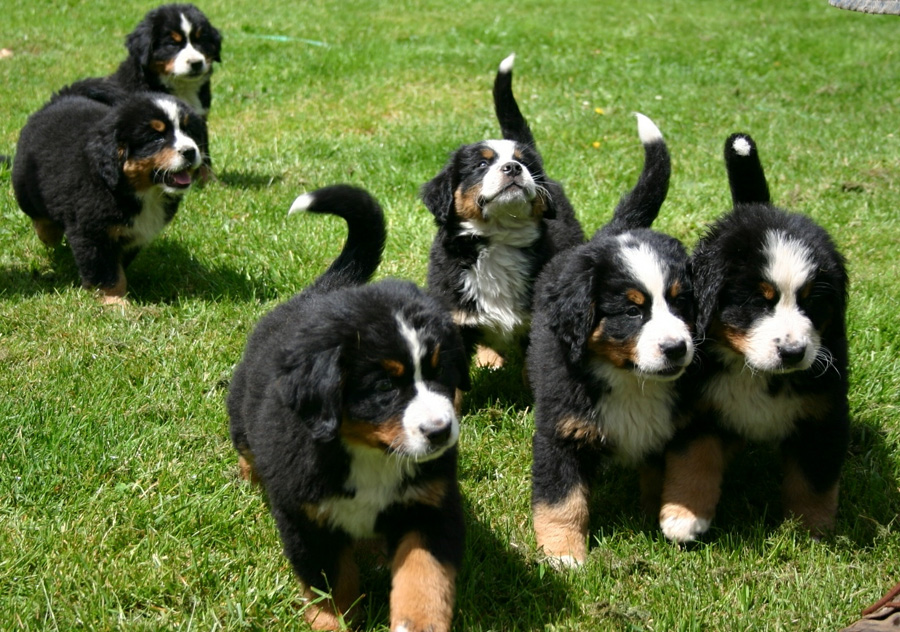

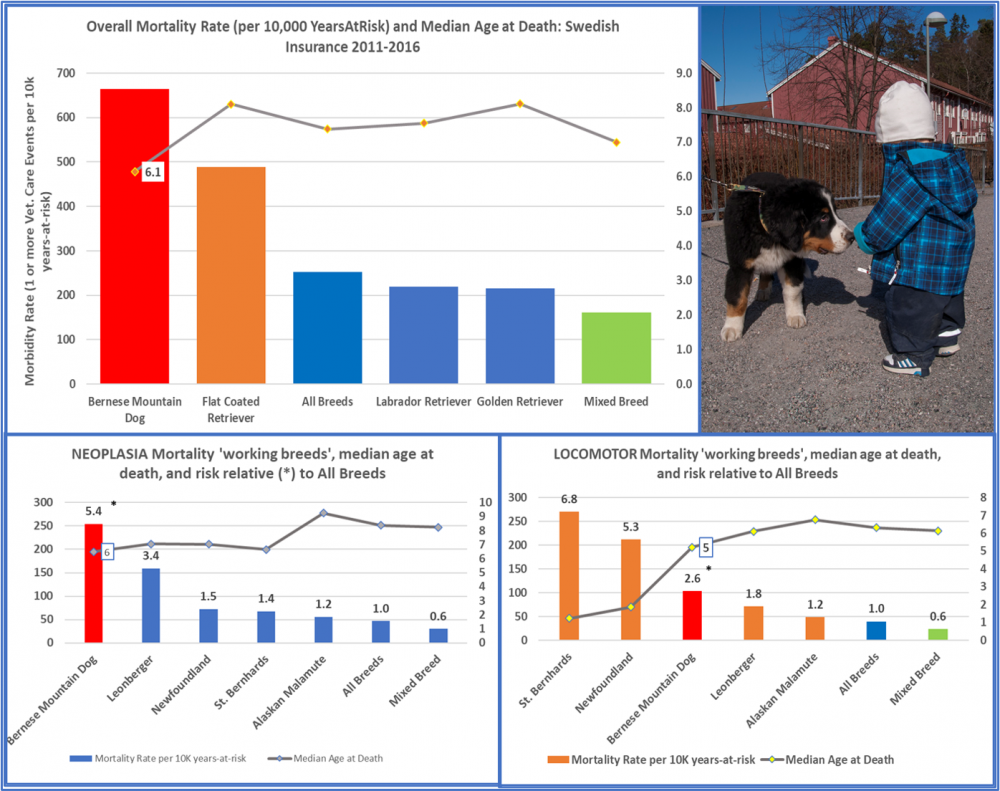



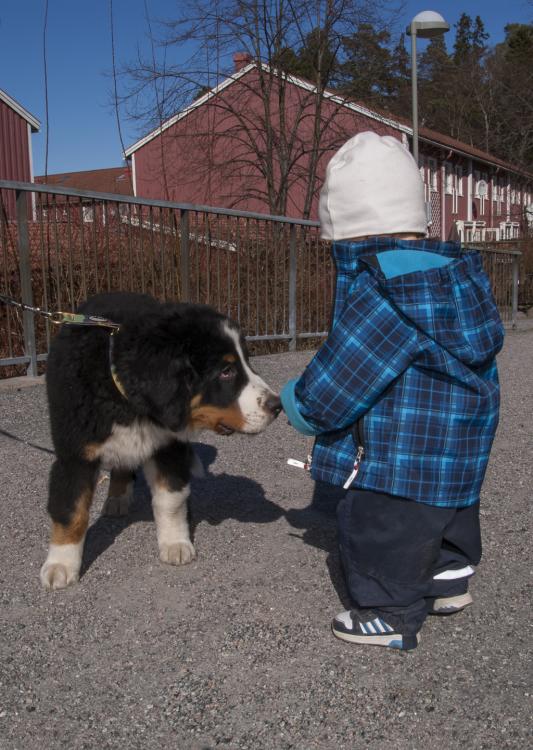
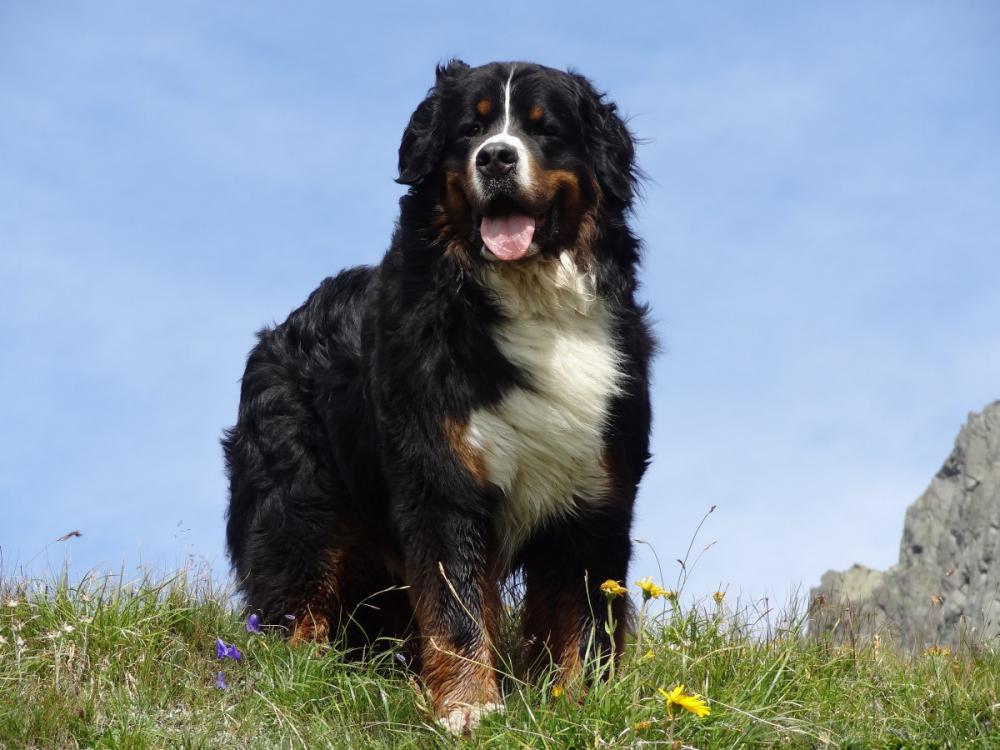






Recommended Comments
Join the conversation
You can post now and register later. If you have an account, sign in now to post with your account.
Note: Your post will require moderator approval before it will be visible.